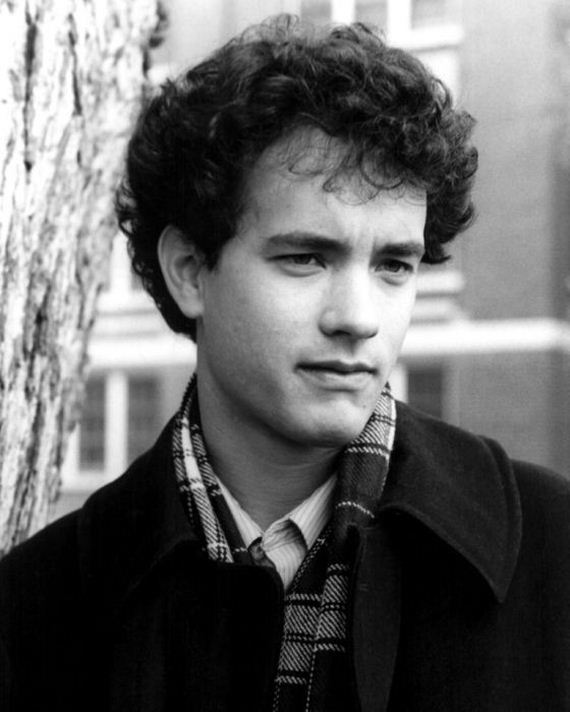For the past few semesters, I've been assigning Anne Lamott's much-anthologized excerpt, "Shitty First Drafts", from her book on writing, Bird by Bird (1995). The first time I asked students to read and discuss it, one student (Doug), commented that he enjoyed it because it made him feel like he was "not alone" in having to fight off so much self-doubt and panic every time he was asked to produce any substantial amount of writing. Even professional writers feel this way, Lamott argues, especially early in the writing process, when our half-formed ideas look so pathetic to our inner-critic.
I admire how Lamott normalizes the "shittyness" (or is it "shittiness"?) of a first draft--emphasizing how it takes multiple drafts, even for experienced writers, to produce their best work. She urges us to give ourselves permission to write imperfectly, even badly--that this is part of the process, part of the normal work of getting started--and if we trust in this process, eventually we'll be able to transform those first initial scribbles into something worthwhile, maybe even something artful.
Yet I wonder if she does too good a job of normalizing the anxiety that so often accompanies this painstaking process. Do we have to be filled with panic and dread each time we start from scratch? I'd hate for my students to read this and think, "Writing will always be painful, even if I get good at it--even if I get so good that I can write a book about it." Is there a way to do this, so that we don't feel "despair and worry settle on my chest like an x-ray apron" each and every time?
Tuesday, September 8, 2015
Thursday, September 3, 2015
Community College Is Real College -- Just Ask Tom Hanks
Earlier this year, the New York Times published a personal essay by Tom Hanks, in which he nostalgically recounts his experiences at Chabot College in the mid-1970s. Chabot is a community college in northern California, and at the time Hanks attended, it was "all free but for the effort and the cost of used textbooks." No doubt the textbooks were way cheaper then, too.
As a community college professor, I was touched by Hanks's insistence that the open accessibility of his college didn't make it any less authentic of a college experience. He emphasizes both the diversity of the classes and the student body, and underscores what a transformative experience it was for him. While not every class was a gem (which is certainly the case at any college), many stayed with him for years, and one--Herb Kennedy's "Drama in Performance"--changed his life. Ultimately, Hanks concludes, community college "made me what I am today."
Hanks uses his personal experience, along with a concise bit of argumentation, to endorse President Obama's plan to subsidize community college tuition for all students who can keep their GPA above a 2.0. This proposal seems to have stalled since it was first announced, but I hope that Congress will eventually see the wisdom behind such an investment. As Hanks notes, community is real college, and it's the only kind of college that's accessible to many aspiring students. Why not make it a possibility for even more?
As a community college professor, I was touched by Hanks's insistence that the open accessibility of his college didn't make it any less authentic of a college experience. He emphasizes both the diversity of the classes and the student body, and underscores what a transformative experience it was for him. While not every class was a gem (which is certainly the case at any college), many stayed with him for years, and one--Herb Kennedy's "Drama in Performance"--changed his life. Ultimately, Hanks concludes, community college "made me what I am today."
Hanks uses his personal experience, along with a concise bit of argumentation, to endorse President Obama's plan to subsidize community college tuition for all students who can keep their GPA above a 2.0. This proposal seems to have stalled since it was first announced, but I hope that Congress will eventually see the wisdom behind such an investment. As Hanks notes, community is real college, and it's the only kind of college that's accessible to many aspiring students. Why not make it a possibility for even more?
Subscribe to:
Posts (Atom)


